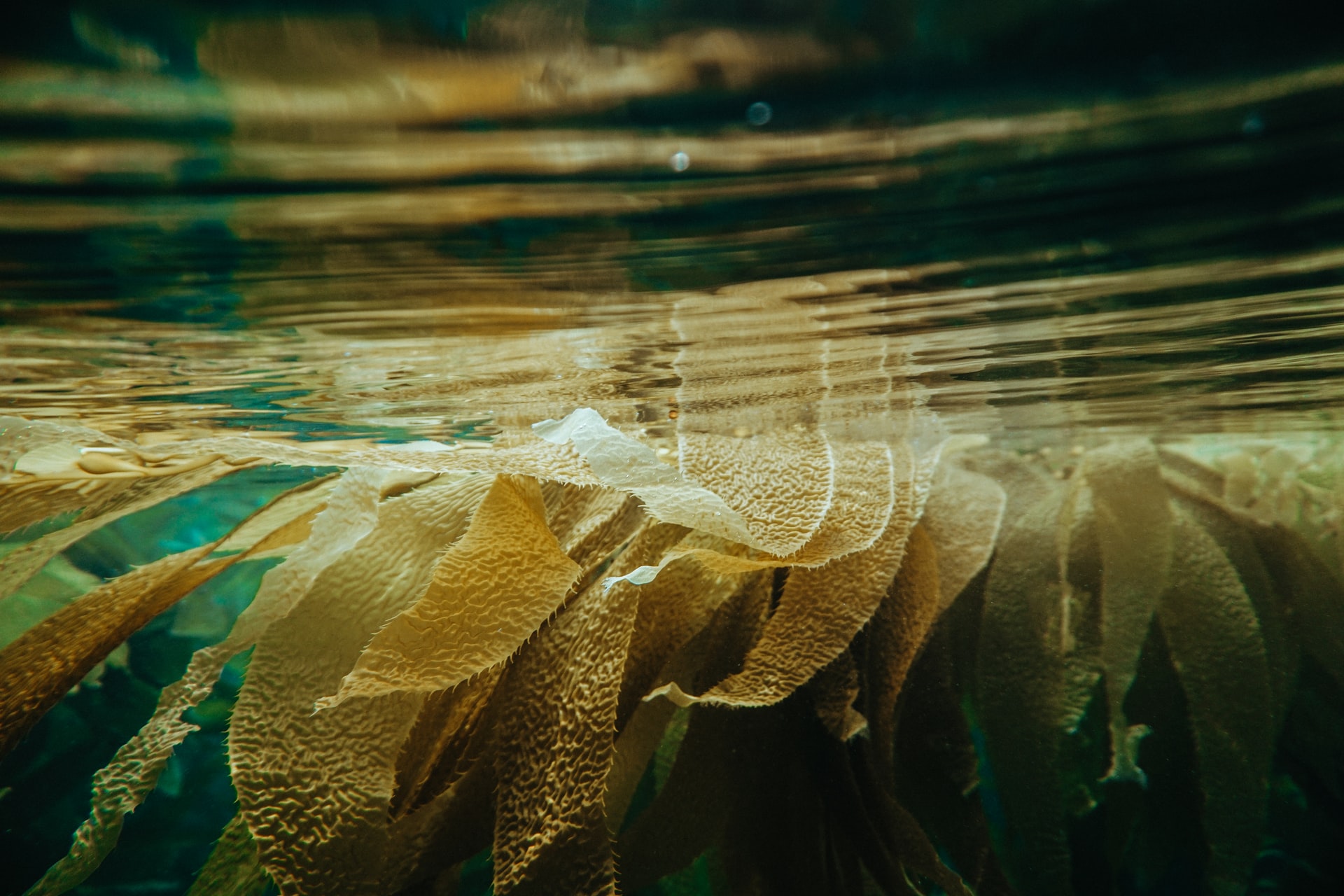News release
From:
Attachments
Note: Not all attachments are visible to the general public. Research URLs will go live after the embargo ends.

Journal/
conference: Nature Ecology & Evolution
conference: Nature Ecology & Evolution
Research:Paper
Organisation/s:
National Institute of Water and Atmospheric Research (NIWA), University of Auckland, Sungkyunkwan University, Korea
Funder:
This study was supported by the Collaborative Genome Program of the Korea Institute of Marine Science and Technology Promotion funded by the Ministry of Oceans and Fisheries (20180430), the National Research Foundation of Korea (NRF-2017R1A2B3001923, 2020R1C1C1008173) and the Next-generation BioGreen21 Program (PJ01389003) from the Rural Development Administration, Korea. Sampling in the Wando farms was supported by the National Institute of Fisheries Sciences (R2020004, to I.K.H.). Sampling in New Zealand was supported by NIWA SSIF funds to W.N.



 New Zealand; International
New Zealand; International


